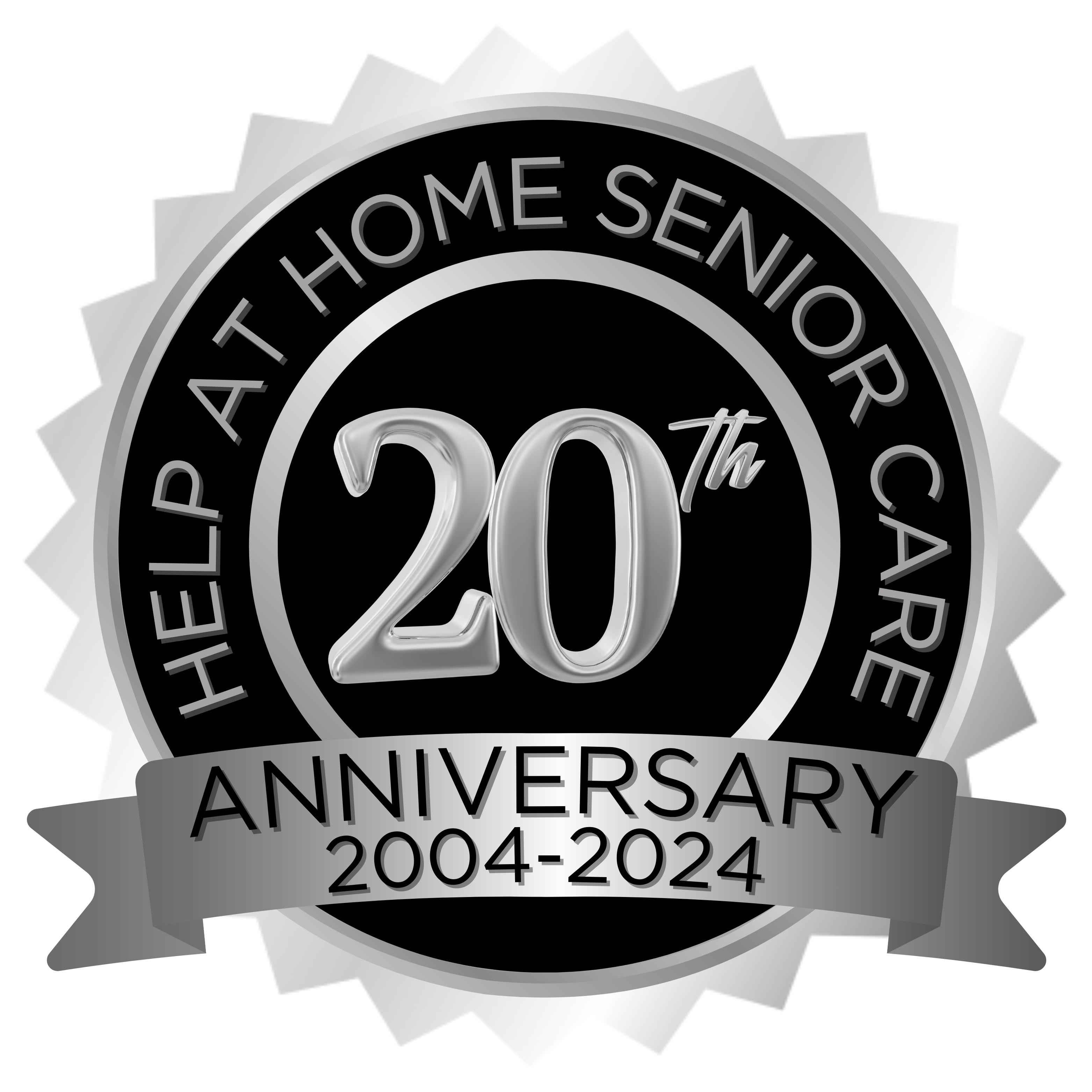As our parents age, one of the most difficult decisions we face is knowing when to step in and offer help. Often, seniors won’t ask for assistance or may even hide the signs that they’re struggling with everyday tasks. That’s why it’s crucial for adult children and loved ones to observe, listen to their instincts, and act before a crisis happens.
Many older adults fear losing their independence and control over their lives. Admitting they need help can feel like giving up their autonomy. Unfortunately, this hesitation can result in delays that increase the risk of falls, malnutrition, medication errors, and isolation. By understanding this reluctance, families can approach conversations with compassion and tact.
